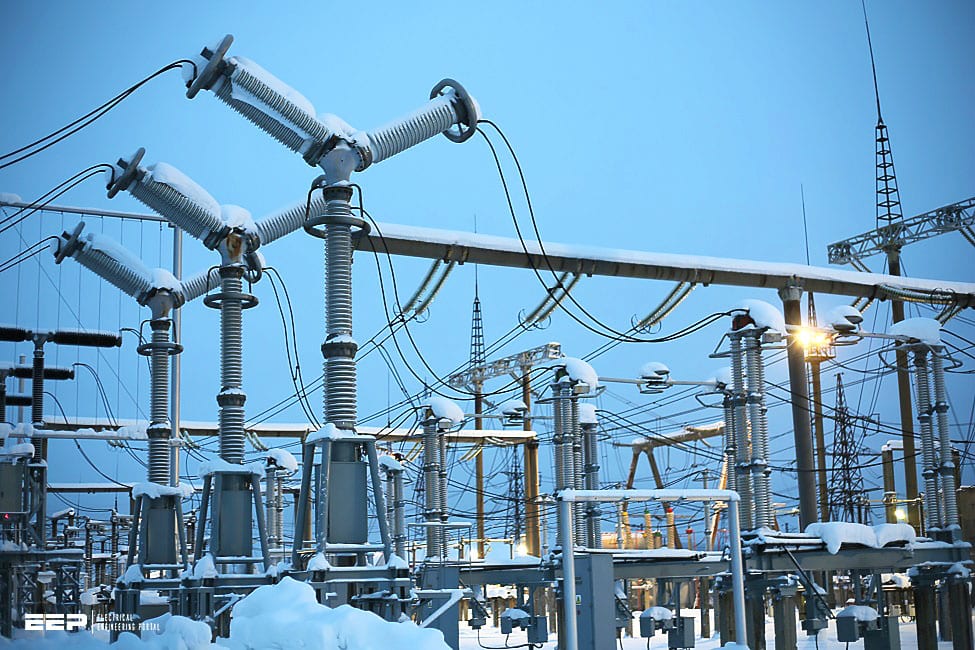EFCC Links Frequent National Grid Failures To Corruption In Power Sector Contracts.
The Chairman of the Economic and Financial Crimes Commission (EFCC), Mr Ola Olukoyede, has identified corruption among contractors as a major factor behind the repeated failures of Nigeria’s national grid.
During an oversight visit by the House of Representatives Committee on Financial Crimes to the EFCC headquarters in Abuja on Tuesday, Olukoyede voiced concerns over the detrimental impact of financial crimes on the nation’s development. He highlighted that corrupt practices in the power sector, including the procurement of substandard materials, have contributed significantly to frequent equipment failures, power outages, and recurrent grid collapses.
Olukoyede explained that the budgetary performance in Nigeria has remained weak, with implementation rates falling below 20% over the past 15 to 20 years. He stated that subpar equipment supplied by contractors is a key factor in the frequent collapses of the national grid.
“If you see some of the investigations we are carrying out within the power sector, you will shed tears,” Olukoyede said, noting that contractors often supply substandard materials for power projects, leading to instability in the grid. He argued that such practices hinder infrastructural development and limit economic growth in the country.
Olukoyede revealed that capital project implementation in Nigeria has been alarmingly low, with the execution rate over the past two decades averaging no more than 20%. He expressed hope that, with improved oversight, Nigeria could potentially achieve a 50% implementation rate this year, which would mark a significant improvement for national development.
Collaborative Effort with Lawmakers
Emphasising the importance of collaboration, Olukoyede called for a stronger partnership between the EFCC and lawmakers to address corruption in the power sector. He stated, “Tackling financial crimes and corruption effectively is a responsibility before you as well as the EFCC. It is therefore appropriate for us to work together.”
Olukoyede stressed that cooperation between the EFCC and the National Assembly is essential to advancing Nigeria’s development and ensuring that efforts to combat financial crimes leave a lasting impact.
Ongoing Grid Failures Raise Concern
The national grid has collapsed twice in the past week, leading to widespread blackouts that have disrupted businesses and households across the country. This month’s incidents bring the total number of grid failures in 2024 to ten, with three occurring in October alone. The recurring disruptions underscore the urgent need for reform in Nigeria’s power sector to address both infrastructure and accountability issues.
This latest push from the EFCC underscores a call for accountability in the power sector, with hopes that tackling corruption will bring greater stability to the nation’s energy infrastructure.



